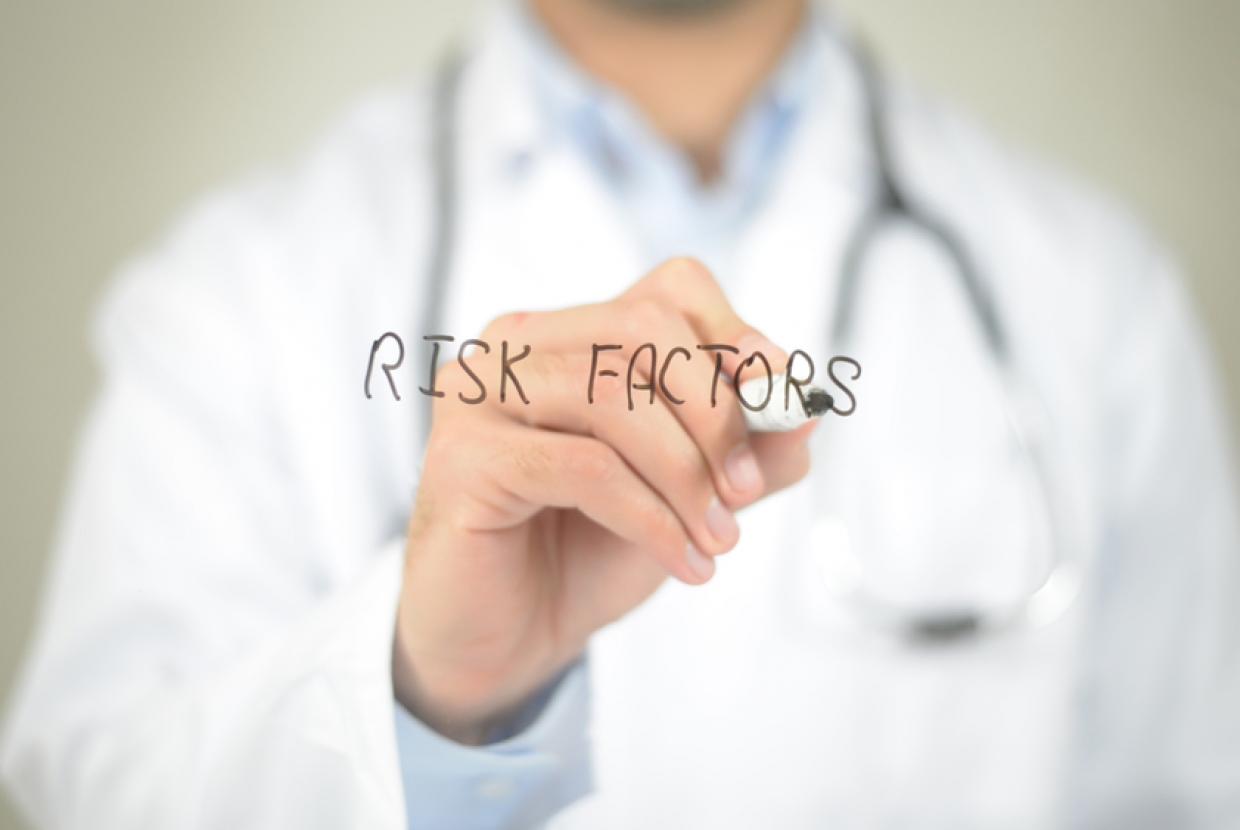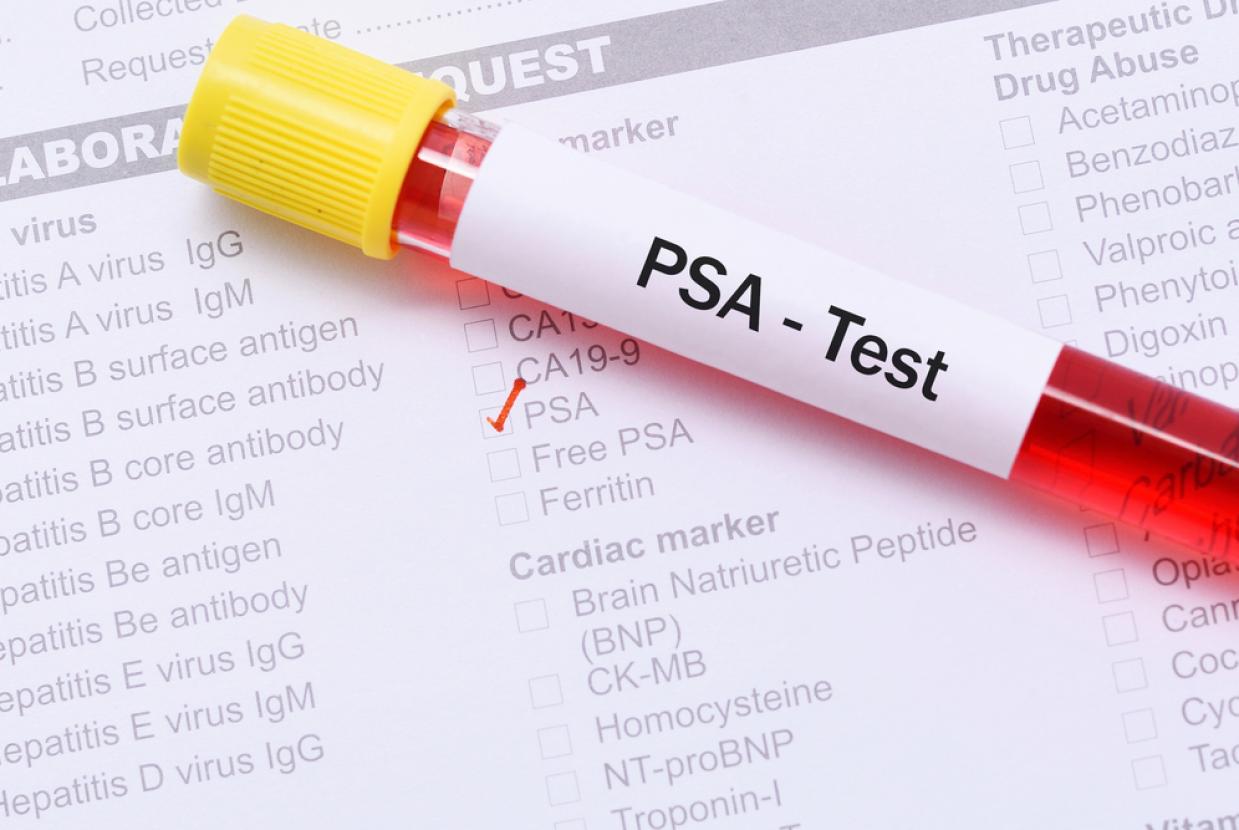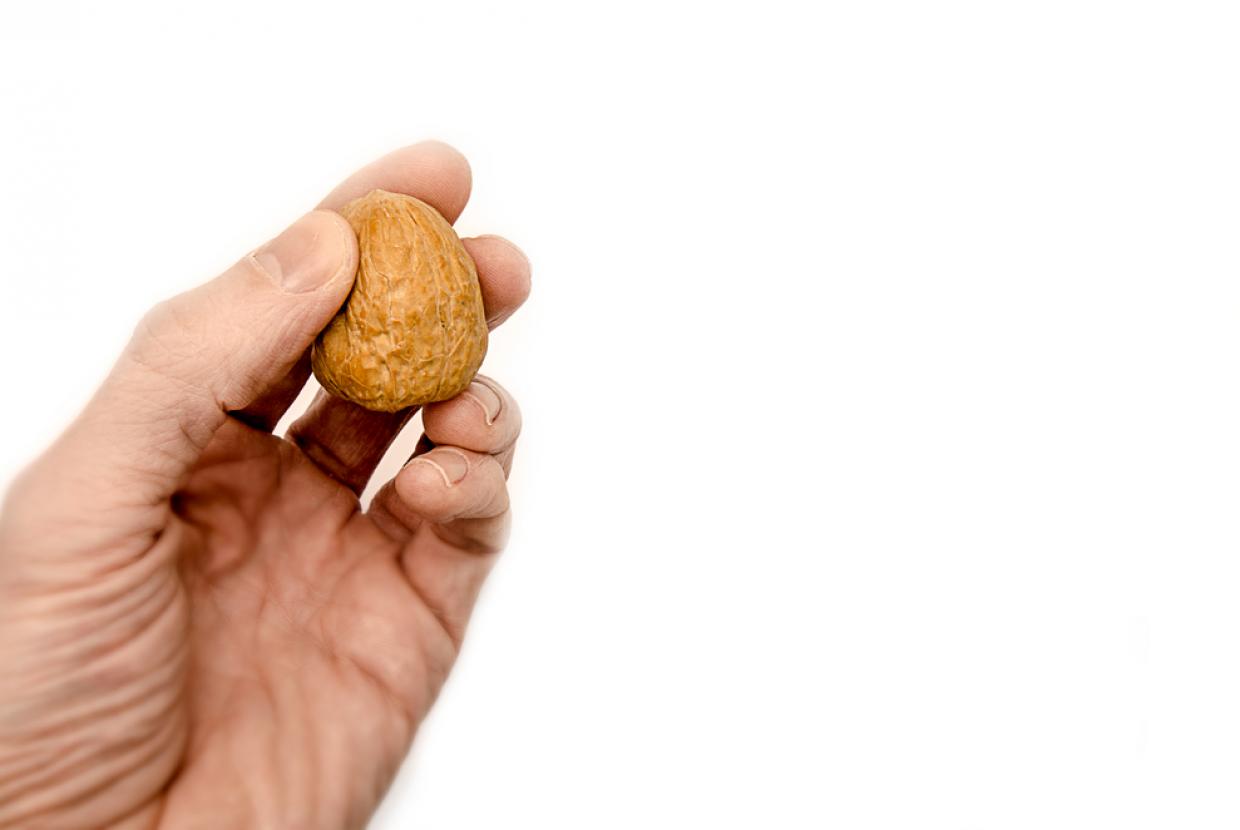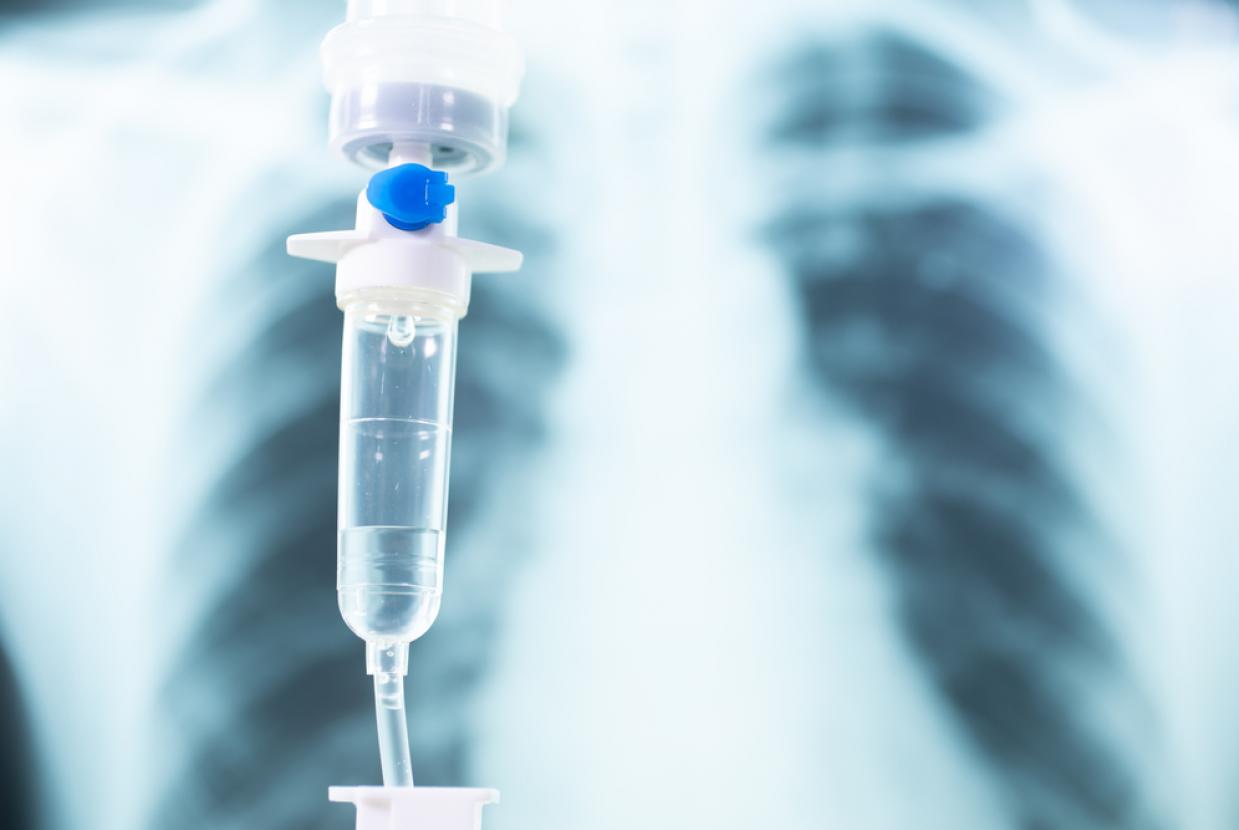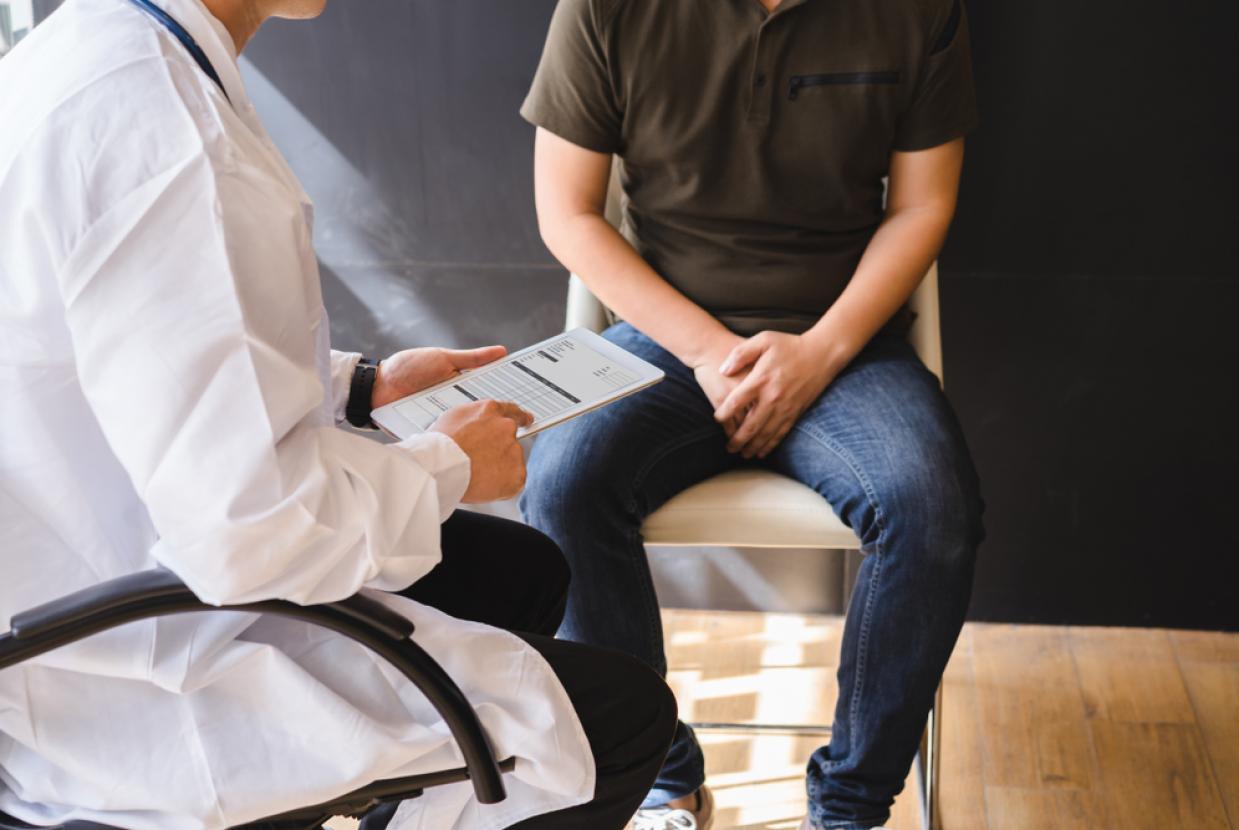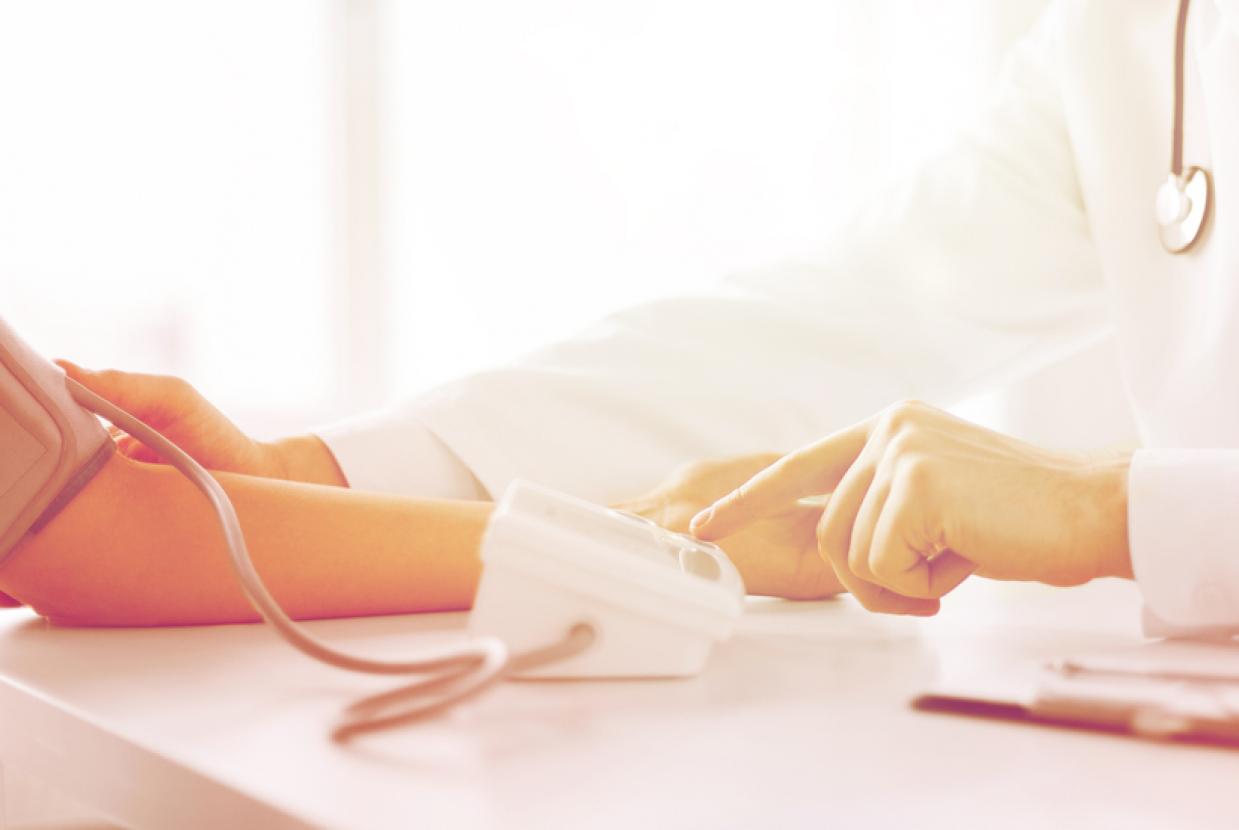It's Time To Take Vitamin D
Men's Health / Women's HealthEveryone should take a vitamin D supplement for bone and muscle health. The amount you need depends on your age, skin tone, situation and the season.
People in Ireland don’t get enough vitamin D from their diet or from the effect of sunlight on their skin. So, a vitamin D supplement is recommended. The amount you need depends on your age, your skin tone, your situation and the time of the year. Here is how much and when different people need to take a vitamin D supplement.
Babies under 1 year
From birth to 12 months, babies need a supplement providing 5 micrograms of vitamin D every day if they are:
- Exclusively breastfed
- Taking less than 300ml or 10 fluid oz (ounces) of infant formula per day
Babies fed more than 300mls or 10 fluid oz (ounces) of infant formula a day do not need a vitamin D supplement. This is because infant formula has vitamin D added during processing.
Children aged 1-4
From age 1 to 4, children should be given 5 micrograms of vitamin D as a supplement every day from Halloween (31 October) to St Patrick’s day (17 March).
Children aged 5-12
- From age 5 to 12 children should be given 10 micrograms of vitamin D as a supplement everyday from Halloween (31 October) to St Patrick’s day (17 March).
- Those with reduced sun exposure or a darker skin tone should take a 10 microgram supplement all year round.
Teenagers and adults
- Teenagers and adults should take a vitamin D supplement of 15 micrograms every day from Halloween (31 October) to St Patrick’s day (17 March).
- Those with reduced sun exposure or a darker skin tone should take a 10 microgram supplement all year round.
- A 10 microgram supplement should be taken everyday during pregnancy.
Older adults (aged 65 and over)
People aged 65 and older should take a vitamin D supplement of 15 micrograms every day. This can be taken as:
- A multi-vitamin supplement that contains 15 microgram (15μg) of vitamin D
- A calcium and vitamin D supplement that contains 15 microgram (15μg) of vitamin D
- A vitamin D only supplement that contains 15 microgram (15μg) of vitamin D
If you have been prescribed a vitamin D supplement at a dose higher than 15 micrograms from a healthcare professional, you should continue to take the supplement at the prescribed dose. Talk to your healthcare professional if you are unsure.
What is Vitamin D?
Our bodies can make most of the vitamin D we need from sunlight on our skin during the summer months. However, in the winter months sunlight is not strong enough to make Vitamin D and so we must get vitamin D from elsewhere.
Can you get vitamin D from food?
Vitamin D can be found in small amounts in certain foods including oily fish such as mackerel, salmon and trout, and eggs. Some fortified foods have vitamin D added such as fat spreads, dairy products and some breakfast cereals.
What does vitamin D do?
- Vitamin D helps to keep our bones and muscles healthy. There is also evidence that it supports our immune system.
- A lack of vitamin D can increase the risk of osteoporosis over time, causing our bones to weaken and become brittle and increasing the risk of fractures and breakages.
- Vitamin D deficiency has also been linked to various health conditions such as cardiovascular disease, diabetes, some inflammatory disorders, certain cancers, and higher mortality.
Is there such thing as too much vitamin D?
Yes, it is possible to take too much vitamin D. This can happen if you take more than the recommended amount of vitamin D in a supplement. Taking too much over a long period of time can weaken the bones, kidney, and heart due to a build-up of calcium in the body. That is why you should not take more than the recommended amount, unless your GP advises you to do so.
Where can I buy a vitamin D supplement?
You can buy Vitamin D supplements without a prescription in your local pharmacy. There is a wide range of Vitamin D and multivitamins available on the market, so it is important to check with your pharmacist or healthcare professional to ensure that you are taking the right one.

























